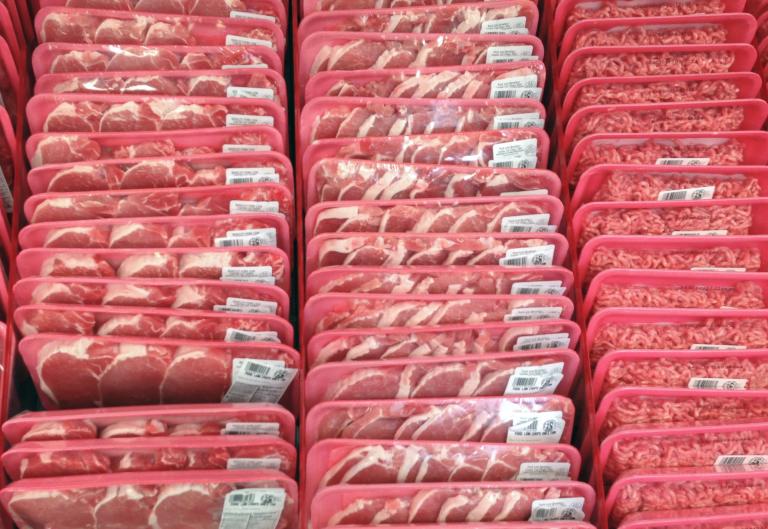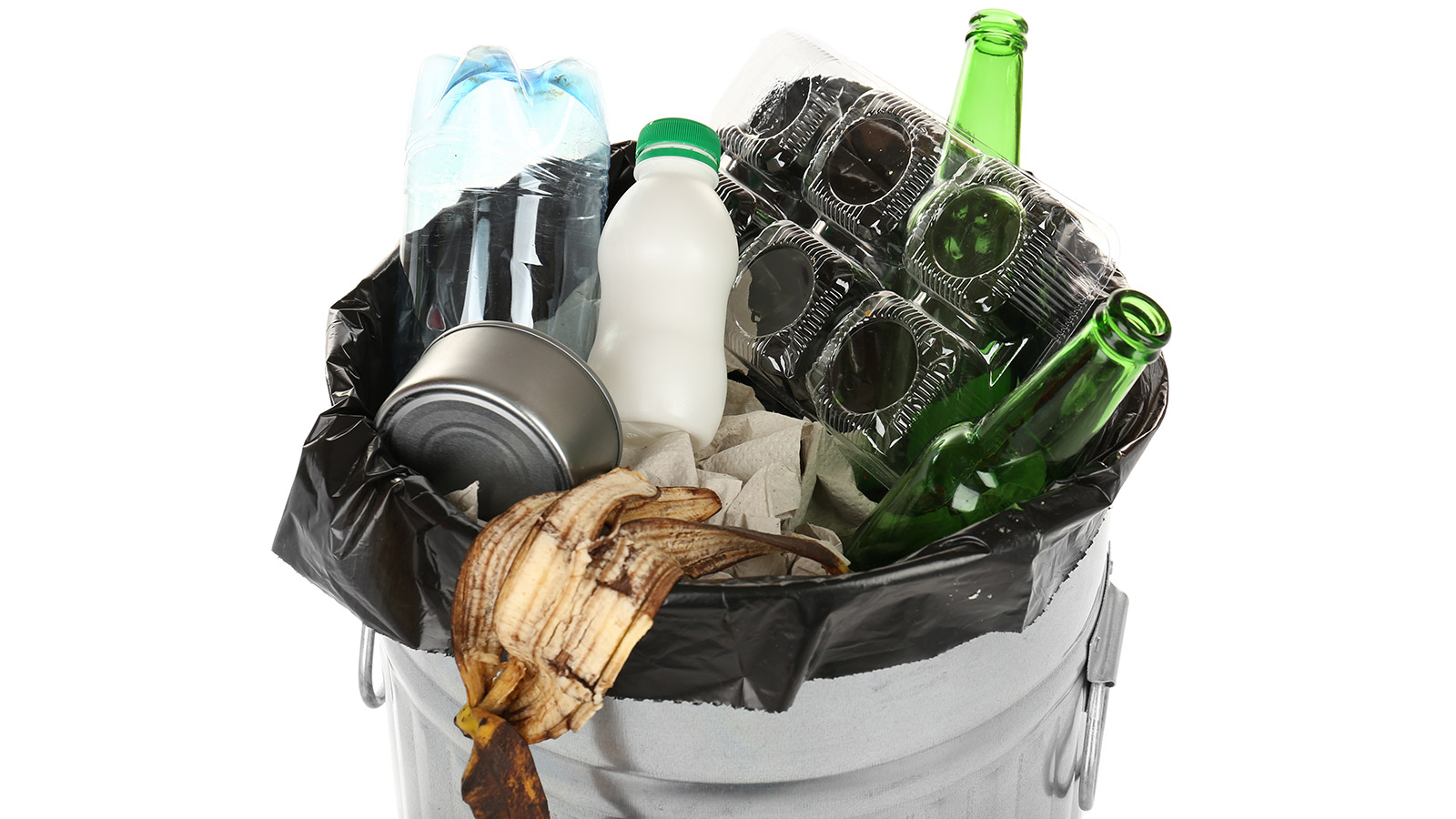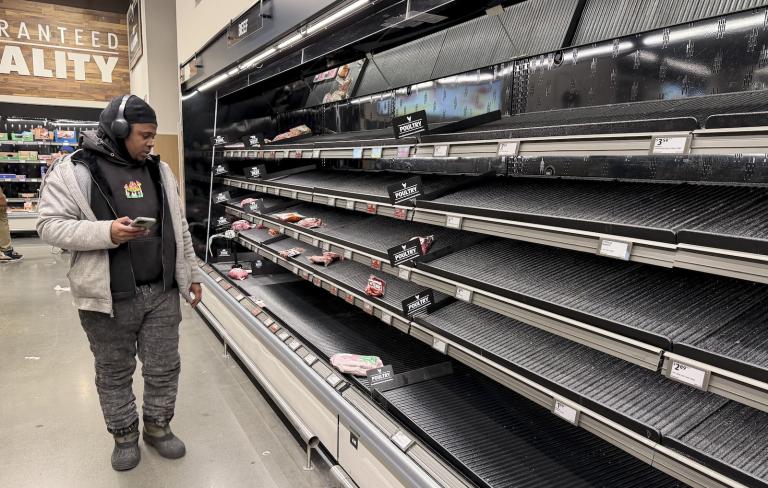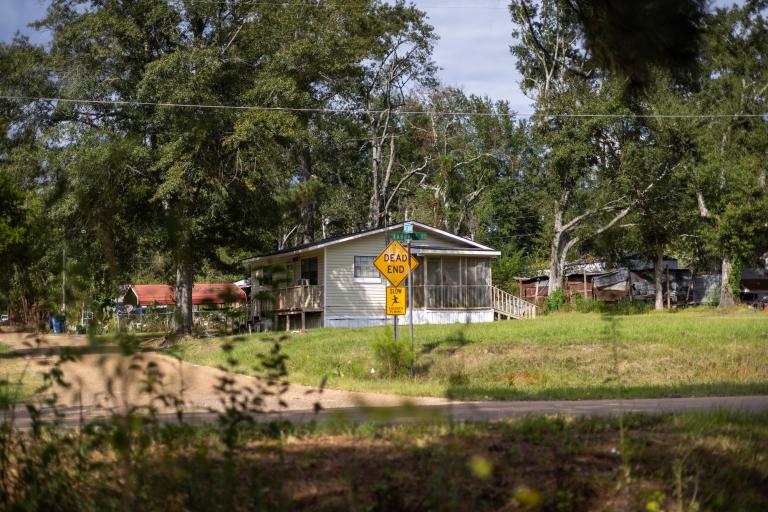Q. I heard that single-stream recycling has a lower recovery rate then presorted recycling, but that participation rates go up with single-stream recycling, and that results in more recycled waste. My question is this: Should I be doing anything to help my recycling hauler get higher recovery rates from my trash?
Nathan S.
Minneapolis, MN
A. Dearest Nathan,
Ooh, I love a good waste management rumor. They tend to be so juicy, don’t you think? Your letter gave me a good excuse to take another look at our old friend single-stream recycling, and I can verify that the whispers you’ve heard are true. And how lovely that your first thought is wondering how you can help.
First, for the uninitiated: Single-stream, or commingled, recycling is when you toss all your recyclables into one bin – newspapers and cardboard boxes mixing merrily with milk jugs and tuna cans – to be sorted at a separate recycling facility. The system is gaining in popularity over the old “paper goes here, plastics go here, and never the twain shall meet” programs, in no small part because it saves cities a bunch of cash. Among its other benefits: easier pickup, since you only need one collection truck, not two; safer labor for waste haulers; and one less barrier against recycling for citizens. (I’m not sure why placing paper in one bin and everything else in another is such a dealbreaker for some people, but sigh, that’s what the numbers show.) Your fine city of Minneapolis, for example, reports a 29 percent jump in recycled materials and a 62 percent drop in recycling-related workers’ compensation claims since switching over to single-stream a few years back.
It’s not all roses, of course. As you suspected, Nathan, this come-one, come-all philosophy of recycling causes some problems on the processing end. We looked at this in detail a while back, but allow me to summarize: Glass, in particular, poses challenges because it tends to break somewhere along the way, making it difficult to recycle. And even when such shards can be retrieved, they can often only be downcycled into less desirable products, not another bottle or jar. Overall, experts estimate that up to 40 percent of what should be recyclable glass ends up trashed in single-stream programs.
All that broken glass is also like that one rotten apple in the barrel: It can spoil the rest of the recyclables, especially paper. Paper has a tendency to pick up glass, plus tiny plastic bits and metal residue, which can translate to lower-quality (read: less valuable) recycled paper, or even a one-way ticket to the landfill. Ouch.
So what can we, as dedicated recyclers, do about all this? Unfortunately, some of the problems will have to be tackled down at the sorting facilities (MRFs, as loyal readers will recall). “We use compaction trucks, so we know there’s going to be broken glass in the stream,” says Dave Herberholz, director of solid waste and recycling for the city of Minneapolis. “But that’s dealt with in the sorting lines.”
All this doesn’t mean we can’t do our part to fight recycling contamination, too. When we put the wrong things in the bin, or fail to prepare them correctly, then we’re further mucking up the works down at an already challenged facility.
If I had to boil it down to just one thing, it’s this: Follow directions. If I could turn off the heat before everything was boiled away, though, I’d elaborate thusly:
- Find out what your local recycler accepts and doesn’t accept. Most cities publish clear guidelines about this (including yours, Nathan!). Locate this guide and post it above your recycling bin. Read it. Know it. Love it.
- Be vigilant against the biggest recycling contaminators. Be especially careful not to pollute your bin with loose plastic bags, shredded paper, and locally unrecyclable plastics. If you’re following rule No. 1, this is a no-brainer.
- Not sure if something is recyclable or not? Call your recycling company and ask. If you are currently deep in a canyon without phone reception, you may fall back on this: “When in doubt, throw it out.”
- Clean your recyclables before you toss ‘em …
- … But don’t throw sopping-wet items into the bin. Really wet paper can’t always be recycled.
- Spread the word to friends and family. A framed copy of your town’s recycling guide would make a lovely gift.
Purely,
Umbra




